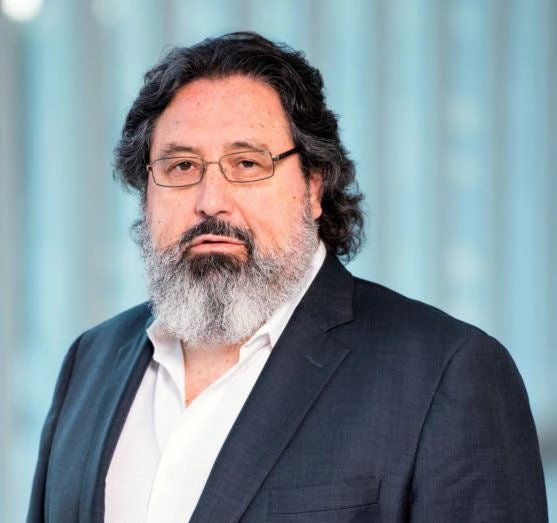As part of the 2016 World Bank Group-International Monetary Fund Spring Meetings held this past week in Washington, D.C., a fascinating panel discussion, A New Vision for Financing Development, took place on Sunday, April 17. Moderated by Michelle Fleury, BBC's New York business correspondent, it included World Bank Group President Jim Yong Kim, Bill Gates, Justine Greening (UK Secretary of State for International Development), Raghuram Rajan (Governor of the Reserve Bank of India), and Seth Terkper (Minister for Finance and Economic Planning of Ghana).
Gates noted that new and innovative tools are required alongside the promotion, adoption, and adaptation of good practices to make a difference in dealing with these challenges. Terkper advocated for maintaining official development assistance commitments and adopting flexible risk-sharing financial instruments by multilateral organizations to help countries attract and leverage private investment. The importance of investing in the development of healthy and productive populations as key engines of economic and social development over the medium and longer terms was stressed by Kim, who argued that many governments have to be convinced to invest in "soft sectors" — health, nutrition, and education — compared to the "hard sectors" — roads, ports, and energy infrastructure.
While international financial assistance is necessary to help countries translate into reality the vision for a world free of extreme poverty, where there is opportunity for all, it should be recognized, as observed by Rajan, that domestic resources depend in large measure on economic growth. Growth, in turn, is supported by an enabling economic, social, and environment policy environment, including counter-cyclical fiscal policies, adequate fiscal space, and good governance. But, as highlighted by Greening, national governments must recognize that in accordance with the Financing for Development Addis Ababa Action Agenda adopted in July 2015, the active mobilization and effective use of domestic resources, underscored by the principle of national ownership, are central to the common pursuit of sustainable development.
If development is lifting up lives, and new and innovative approaches for funding development are seen as “game changers,” then I would argue that the development community needs to redouble its commitment to advocate with national governments and society at large for raising taxes on tobacco products. Taxing tobacco is one of the most cost-effective measures to reduce consumption of products that kill prematurely, make people ill with all kinds of tobacco-related diseases (e.g., cancer, heart disease, respiratory illnesses), and cost health systems enormous amounts of money for treating often preventable diseases. In addition, hiking tobacco taxes can help expand a country’s tax base to mobilize needed public revenue to fund vital investments and essential public services that benefit the entire population and help build the human capital base of countries, such as financing the progressive realization of universal health coverage and mental health scale-up as well as education for all and early childhood development initiatives. Indeed, data from different countries indicate that the annual tax revenue from excise taxes on tobacco can be substantial (e.g., close to 1% of GDP or $3 billion in the Philippines in 2015).
We at the World Bank, in partnership with the Bill & Melinda Gates Foundation and Bloomberg Philanthropies, as well as World Health Organization, are already working and committed to support countries in the design and implementation of tobacco taxation policy measures and monitoring their health and fiscal revenue impact, as a critical element of the global development agenda. The time has arrived to make tobacco taxation an important source of domestic resource mobilization that has the potential to generate substantial health and social welfare dividends across the world.


Join the Conversation